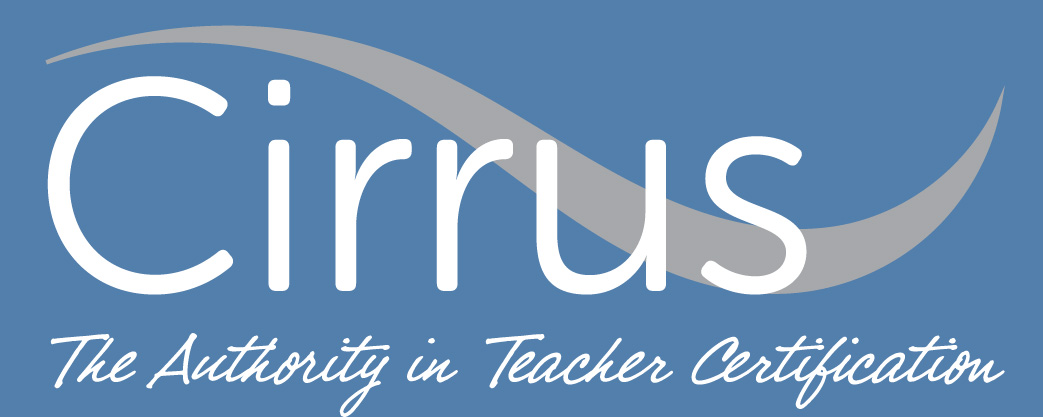FTCE Professional Education Test Prep 2019 – 2020
What comes with Cirrus Test Prep’s FTCE Professional Education Study Guide?
You probably think this is a typical study guide. However, Cirrus Test Prep’s unofficial FTCE Professional Education Test Prep 2019 – 2020: FTCE Professional Education Test Study Guide and Practice Test Questions isn't like other study guides. Because we know you value your time, our unofficial study guide includes a quick yet full review of everything on the test with real examples, graphics, and information. Cirrus Test Prep’s NEW FTCE Professional Education Test Prep 2019 – 2020 gives you the edge you need to score higher and pass the first time.
Best of all, Cirrus Test Prep’s FTCE Professional Education Test Prep 2019 – 2020 offers you:
A full review of what you need to know for the FTCE exam
FTCE practice questions for you to practice and improve and worked through practice problems with explanations
Test tips and strategies to help you score higher
Real world examples
Our FTCE prep book covers all the material that will be on your exam, including:
Students as Learners
The Instructional Process
Assessment
Professional Development, Leadership, and Community
Ethics
… and also comes with two FULL FTCE practice tests, so that you will be ready on test day.
But before you buy FTCE Professional Education Test Prep 2019 – 2020, you may find yourself wondering, what is the FTCE? What is on the FTCE? How is the FTCE scored? How is the FTCE administered? We are the FTCE experts, and we are happy to answer all your questions below!
Some Frequently Asked Questions about the FTCE…
What is the FTCE?
The FTCE is a part of teaching licensure in Florida. In conjunction with the Florida educational Leadership Examination (FELE), FTCE scores are used to complete a state application for teacher certification. The exam ensures that the examinee has the skills and knowledge necessary to become an ESOL educator of students in Florida public schools.
What is on the FTCE?
The content in this guide will prepare you for the FTCE PEd (083) exam. This multiple-choice test assesses whether you possess the knowledge and skills necessary to become a teacher. You have a maximum of two hours and thirty minutes to complete the entire test, which consists of approximately 120 questions.
You will answer approximately twenty-two questions (18 percent of the test) on instructional design and planning, approximately eighteen questions (15 percent of the test) on appropriate student-centered learning environments, approximately twenty-two questions (18 percent of the test) on instructional delivery and facilitation through a comprehensive understanding of subject matter, approximately seventeen questions (14 percent of the test) on various types of assessment strategies for determining impact on student learning, approximately fourteen questions (12 percent of the test) on relevant continuous professional improvement, approximately eleven questions (9 percent of the test) on the Code of Ethics and Principles of Professional Conduct of the Education Profession in Florida, approximately eight questions (7 percent of the test) on research-based practices appropriate for teaching ELLs, and approximately eight questions (7 percent of the test) on effective literacy strategies that can be applied across the curriculum to impact student learning.
How is the FTCE scored?
On the FTCE, the number of correctly answered questions is used to create your scaled score. Scores are scaled up to 270. The score shows your performance on the test as a whole and is scaled to allow comparison across various versions of the tests. To pass the FTCE, you need a score of 200 or to answer approximately 74 percent of the questions correctly. There is no penalty for guessing on FTCE tests, so be sure to eliminate answer choices and answer every question. If you still do not know the answer, guess; you may get it right! Keep in mind that a small number of multiple-choice questions are experimental for the purpose of the FTCE test makers and will not count toward your overall score. However, as those questions are not indicated on the test, you must respond to every question.
How is the FTCE administered?
The FTCE is administered year round at testing centers located throughout Florida and across the nation. To register for a test and find a testing site near you, go to the testing center’s website. At this site, you can create a FTCE/FELE account, check testing appointment times, and take a tutorial about computerized testing.
Why should I use Cirrus Test Prep’s FTCE study material?
Developed by experienced current and former educators, Cirrus Test Prep’s study materials help future educators gain the skills and knowledge needed to successfully pass their state-level teacher certification exams and enter the classroom. Each Cirrus Test Prep study guide includes: a detailed summary of the test’s format, content, and scoring; an overview of the content knowledge required to pass the exam; worked-through sample questions with answers and explanations; full-length practice tests including answer explanations; and unique test-taking strategies with highlighted key concepts. Cirrus Test Prep’s study materials ensure that new educators feel prepared on test day and beyond.
Where can I buy FTCE Professional Education Test Prep 2019 – 2020?
You can find FTCE Professional Education Test Prep 2019 – 2020 for purchase on Amazon. Just click the link next to our book, the image of our book itself, or the link we provided in the sentence above!
Pearson Education, Inc. was not involved in the creation or production of this product, is not in any way affiliated with Cirrus Test Prep, and does not sponsor or endorse this product.


To help you prepare for your FTCE test, we have developed a list of 30 test-taking tips that have been shown to be very helpful for students of all ages and backgrounds when taking standardized tests. They cover everything. from what to do the night before the big day, to what to eat for breakfast, to thoughts on how to handle your caffeine to tips you can use during the actual exam.